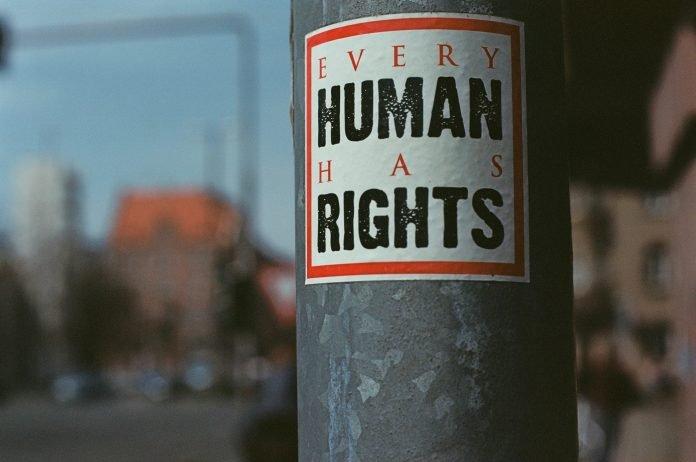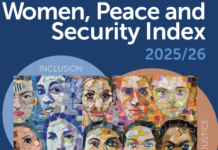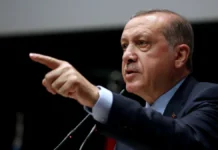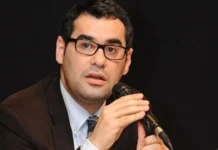Human rights organizations in Turkey said the human rights crisis in the country has deepened in the last few years, adding that the Justice and Development Party (AKP) government was violating the constitution.
On occasion of December 10, International Human Rights Day, prominent human rights organizations in Turkey spoke to the media and criticized the current situation in the country regarding human rights and said the authoritarian regime had increased its grip over the people.
Coşkun Üsterci from the Human Rights Foundation of Turkey (THIV) said human rights violations were not sporadic in Turkey. “The government has completely disregarded upholding human rights that are protected by the constitution and international treaties,” he said.
Agreeing with Üsterci, lawyer Gülseren Yoleri from the Human Rights Association (IHD) said the government had completely disregarded the constitution and continued to oppress the people.
“The constitution protects our rights and freedoms,” said Yoleri. “However, the government is continuously undermining the constitution and disregarding rulings by the European Court of Human Rights [ECtHR], even pulling out of international treaties that were designed to protect individual rights.”
In an overnight decree in 2021 Turkish President Recep Tayyip Erdoğan withdrew Turkey from the Istanbul Convention, which requires member states to adopt domestic legislation and punish domestic abuse and gender-based violence.
The Council of Europe Convention on Preventing and Combating Violence against Women and Domestic Violence, better known as the Istanbul Convention, is an international accord designed to protect women’s rights and prevent domestic violence in societies and was opened to the signature of member countries of the Council of Europe in 2011.
According to human rights advocates the state of emergency (OHAL) declared by the Turkish government following an abortive putsch in July 2016 was a tipping point in human rights violations. During the state of emergency the government carried out a massive purge of state institutions under the pretext of an anti-coup fight. More than 130,000 public servants, including 4,156 judges and prosecutors, as well as 24,706 members of the armed forces, were summarily removed from their jobs for alleged membership in or relationships with “terrorist organizations” by emergency decree-laws subject to neither judicial nor parliamentary scrutiny.
Since 2016 the government has instated several regulations that solidified its grip on freedoms. For example, a new terrorism financing law entered into force on December 31, 2020 and has been used to criminalize the activities of many civil society organizations.
In October 2022 a new media law that introduces prison sentences for those “disseminating false information” was passed by the Turkish parliament. It went into effect on October 18, when it was signed by President Erdoğan and published in the Official Gazette.
The law makes “disseminating false information” a criminal offense, with prison sentences of between one and three years. If a person conceals their identity while spreading misinformation, those sentences can be increased by half, the law says, although it doesn’t specifically define false information.
According to Yoleri, in addition to new laws and regulations, Turkey has failed to uphold human rights in nearly all fields of life. “We continue to document rights violations in prisons where mistreatment and torture is still common. Refugees, women, children — are all victims of violence and hate crimes.”
Üsterci added that it had become incredibly difficult for human rights organizations to do their jobs. “We are under immense government pressure, and we are often prevented from demonstrating,” he said.
He added that the government committed all these human rights violations under the pretext of national security.
In recent years many reports published by Turkey-based NGOs and international observers have documented the collapse of human rights protections in the country, which has been scoring worse than Russia and Belarus in indexes related to the rule of law and media freedoms.















